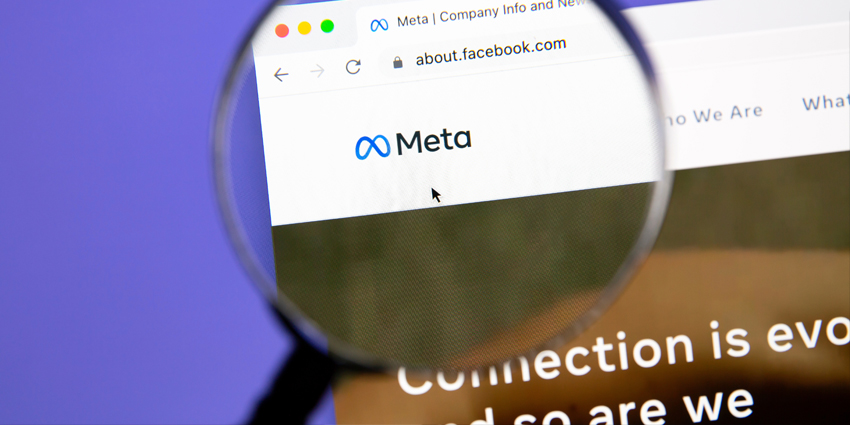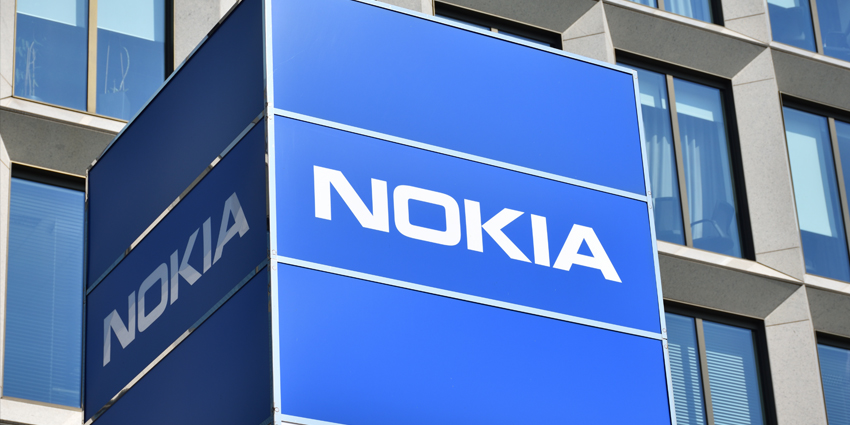This week, just a month ahead of Meta Connect 2024, many news items are hitting the airwaves, revealing behind-the-scenes developments at Reality Labs.
Rumours suggest that Mark Zuckerberg’s firm cancelled a prototype for a Quest Pro follow-up this week. However, recent reports also indicate that Meta is working on a controller-less MR headset code-named Puffin.
Moreover, this week, Meta controversially announced the discontinuation of Spark, its renowned AR content creation and development suite for distributing AR content on Meta’s umbrella of social media services. Closing Spark to chase the AR smart glasses dream.
Meta’s future with AR smart glasses is becoming more apparent in each month of 2024. Zuckerberg is not quiet about his belief in the opportunity for the hardware either. At SIGGRAPH this year, Zuckerberg expressed his optimism about the future of AR smart glasses, with the CEO stating:
For smart glasses we’ve been going at the problem from two different directions. On the one hand, we’ve been building what we think is the technology that you need for ideal holographic AR glasses, it’s really quite impressive. We’re doing all the custom silicon work, all the custom display stack work, all the stuff that you need to do to make that work. And their glasses, right? It’s not a headset. It’s not like a VR headset. They look like glasses, but they’re still quite a bit far off from the glasses that you’re wearing now.
Reports suggest that Meta will reveal details on the elusive Orion, an upcoming pair of AR smart glasses, at Connect 2024. Meta has drip-fed this information to the public over the years, and it is likely looking to make a big splash during the year of the Apple Vision Pro.
The road ahead is clear. Meta posted a job listing for a Business Development Manager at its Reality Labs division this week. The listing states that the role will assist with the firm’s global launch deals and support an AR product roadmap.
MR Headset Leaks and Speculation
However, smart glasses are one part of Meta’s XR journey. This week, it was highlighted how deep Meta is in developing next-generation MR headsets, a move that looks to follow Meta’s landmark successes with VR devices.
It is important to note that when Meta shipped its Quest 2 headset, it brought VR to the mainstream by dominating the consumer market with a low-entry device and accompanying gaming applications. While interest in Meta’s XR products is still strong, the Quest 2 sales success has only been followed up by the rising Ray Ban Meta smart glasses portfolio, not its MR headsets.
The Quest Pro came and went without much fanfare despite its impressive specs, which mirrored the Vision Pro long before its release. According to reports by ResearchAndMarkets, the MR headset market will grow at a 58.4% CAGR until 2030, with audiences looking to move away from VR headsets and towards MR/AR devices.
At Meta Connect 2024, the firm is forecasted to debut the Meta Quest 3s, a cheaper and lighter version of its previous consumer-grade MR headset. The firm is assumingly looking to leverage the holiday period to reach Quest 2 levels of success with a low-price device.
This week, information regarding Meta’s Quest 3s device leaked via a Dekra certification, suggesting that Meta is close to releasing a new XR product to the public. While details regarding the Meta Quest 3s are slim, some specifications include a Fresnel lens system, full-colour passthrough, and 256GB of storage.
In the background, Meta is facing further leaks to confirm what a Meta Quest 3 successor may look like. According to insiders speaking to The Information, Meta is working on “Puffin,” a controller-less MR headset ready for everyday use.
Like the Vision Pro, the prototype uses user tracking for spatial interactions. Moreover, the reports suggest the device will be incredibly lightweight, weighing only 110 grams.
The news came right after similar insider reports suggesting Meta’s discontinuation of an upcoming Quest Pro 2-esc prototype model called ‘La Jolla.’
According to insiders, the La Jolla prototype, initially planned for release in the coming years, used similar display technology to the Apple Vision Pro to offer an alternative to the breakout device. However, Meta cancelled La Jolla due to the cost of the competitive OLED display technology.
Meta CTO Andrew Bosworth clarified the situation and the state of La Jolla in a social media post. Bosworth noted that the report prototype cancellation shouldn’t worry fans of the Quest portfolio.
He stated:
Just your regularly scheduled public service announcement: we have many prototypes in development at all times. But we don’t bring all of them to production. We move forward with some, we pass on others. Decisions like this happen all the time, and stories based on chatter about one individual decision will never give the real picture.
To sum up, Meta’s recent behind-the-scenes developments at Meta Reality Labs clearly show that accessibility and form factor are two primary keys to the firm’s MR and AR hardware puzzle.
The prototype details show that Meta is moving away from an expensive Quest Pro device towards everyday consumer devices that can fit more seamlessly into a user’s daily tasks, at least as seamlessly as a headset can realistically be. The first step before the prototype comes closer to consumers is to boost MR device adoption, and a low-entry Quest 3s could be that step.
What Does the Future Hold for Meta?
Moreover, the firm’s continued, smooth journey with Ray Ban to distribute AR smart glasses is fueling its progress towards lightweight glasses, running in parallel to its MR ambitions.
As stated, Zuckerberg has great faith in the future of AR smart glasses. As audiences prepare for further information regarding Orion, Meta is working on the background frameworks to promote a digital ecosystem surrounding an upcoming AR device.
Other leading firms debuting or planning to debut XR devices have some incredibly competitive device ecosystems accompanying emerging immersive technologies. For example, Apple and Samsung are investing in the XR device marketplace, allowing each firm to leverage its broader technology ecosystem to offer more benefits to customers.
Meta, on the other hand, does not have a serious hardware ecosystem to support its XR devices at home or in the office. To address this, Meta offers a broader XR content creation and distribution framework to entice AR/MR/VR content creators to develop smart glasses.
Meta has announced that it will discontinue Spark, its AR SDK. This means developers can no longer create basic AR content using Spark for Meta’s smartphone social media platforms. However, AR integrations on platforms like Messenger, Instagram, and Facebook will still be available, but only first-party Meta AR content will be accessible on these applications.
The discontinuation of Meta Spark seems to be a way for Meta to have more control over the distribution of AR content across its applications. This move may be part of Meta’s efforts to focus on AR smart glasses in the future.
Meta has described the discontinuation as a “difficult decision,” the service will officially close on January 14, 2024. After this date, third-party AR Spark content will no longer be accessible, but Meta’s first-party content will remain. Additionally, Meta will be closing its related services, including Spark Studio, Spark Player, and Spark Hub.
In an official statement, Meta explained:
“Meta Spark is going away” means that the Meta Spark tools used to create AR effects, Meta Spark Studio and Meta Spark Player, will no longer be accessible. It also means that you’ll no longer be able to access Meta Spark Hub to publish and manage AR effects. Because creators will no longer be able to build, publish and manage their AR effects, we’ll also remove third-party AR effects from Meta technologies, including Facebook, Instagram and Messenger.
Meta’s official statement mentions that Spark’s closure will usher in a new era of AR, and resources will be redirected to develop new experiences, such as those on wearable devices like glasses.
Meta’s Spark closure indicates the company’s efforts to advance the next generation of AR content. The company is currently focused on developing its next-generation smart glasses. While the industry’s AR/VR/MR hardware is becoming increasingly impressive, there is a lack of system-selling content to match.
Meta aims to enhance its AR content creation services and may soon introduce a new framework tailored for AR smart glasses. Additionally, discontinuing Spark could enable Meta to exert greater control over AR deployments on its services, similar to its approach to Horizon Worlds’ immersive content creation and monetization framework.
While Meta continues to focus on distributing AR content through its smartphone applications, the company recently introduced new augmented reality features for its messaging service, WhatsApp. Although the Whatsapp update isn’t directly related to Meta’s ambitions for smart glasses, the AR integration underscores Meta’s efforts to create an XR software ecosystem for its products beyond headsets.
Reports indicate an upcoming WhatsApp update will introduce AR features designed to improve immersive content using filters in low-light conditions. Furthermore, Whatsapp will add features to support AR skin touch-up capabilities. The AR integration is being tested and expected to debut on Android and iOS devices.
Despite a forecast for new frameworks for AR content creation for smart glasses, the move became controversial as it negatively affects many XR developers. Moreover, the first-party-only support seems to clash with Meta’s open XR framework goals outlined earlier in the year.
In the lead-up to Connect, Meta is reorganising its tactics to boost XR adoption via hardware and supporting software. With Apple Vision Pro stealing the 2024 XR headlines, it is safe to expect Meta to replace the top XR moment in 2024.







